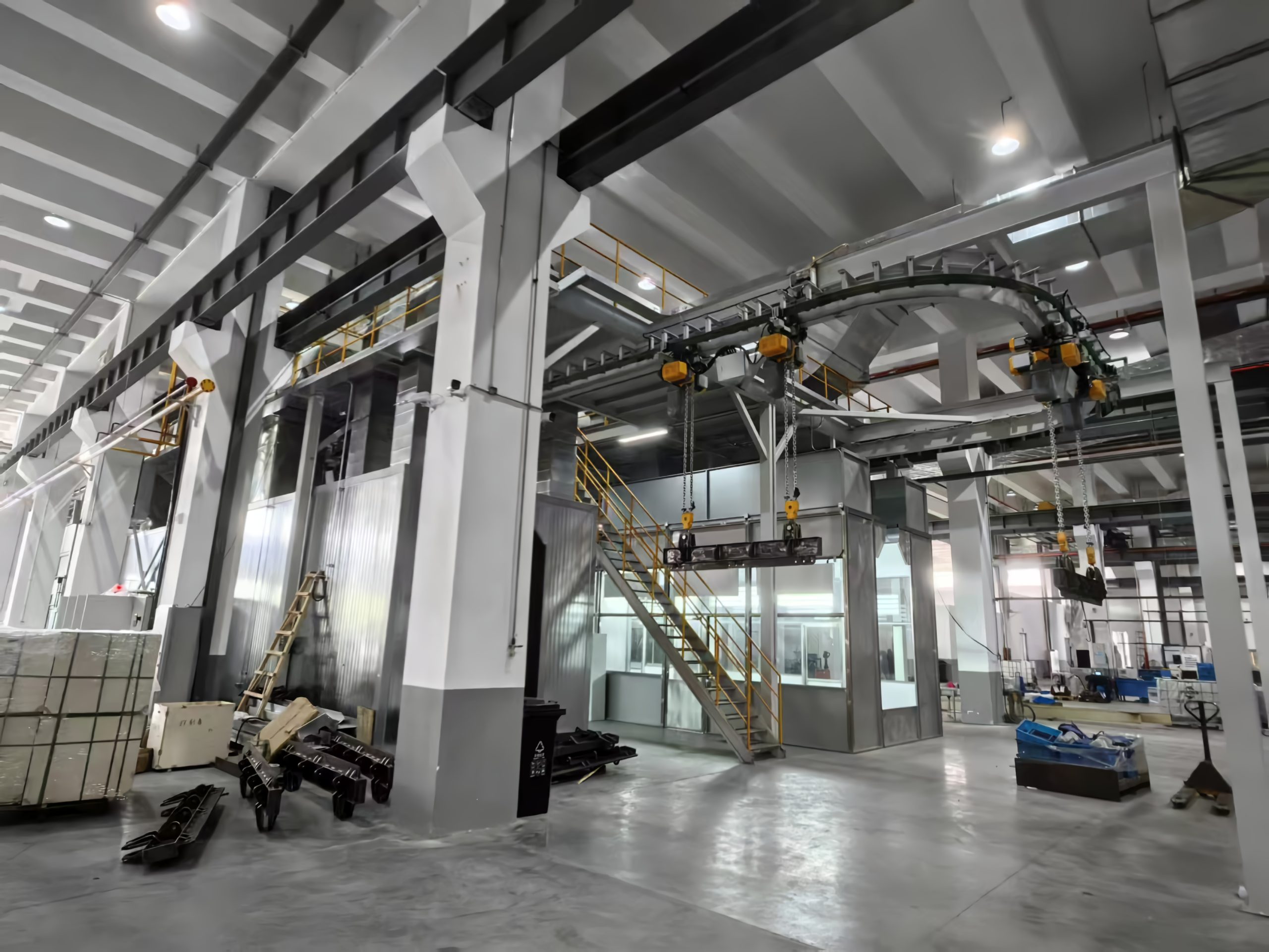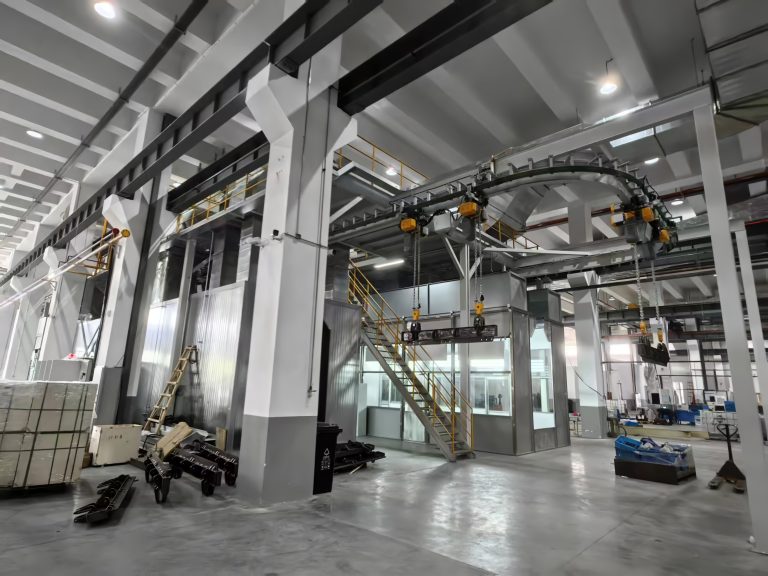In industrial production, lifting machinery is a very common tool, and chemical plants are no exception. However, the situation in chemical plants is more complicated than that in general plants, and the requirements for electric hoists are also more. Let’s take a look at it together.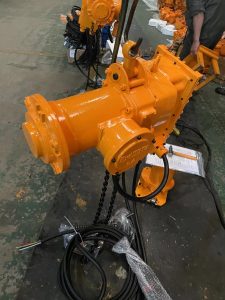
Explosion-proof design: Chemical plants usually have flammable and explosive chemicals, so electric hoists should have explosion-proof design and meet the corresponding explosion-proof level.
According to the provisions of GB7007-2006 “Classification and Marking of Explosive and Combustible Gases”, electric hoists used in chemical plants should meet the following explosion-proof requirements:
Explosion-proof level: According to the danger of flammable and explosive gases or steam in chemical plants, electric hoists should choose models that meet the corresponding explosion-proof level. Common explosion-proof levels include Exd II BT4, Exd II CT4, Exd II BT5, etc.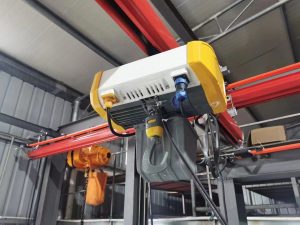
Explosion-proof mark: Electric hoists should be marked with explosion-proof marks, such as Exd II BT4, where “Exd” means flameproof explosion-proof electrical equipment, “II” means suitable for Class II hazardous locations, and “BT4” means suitable for T4 temperature group.
The situation in chemical plants is more complicated and the products are more dangerous, so the explosion-proof level requirements for lifting machinery are also higher.
Material selection
Corrosion-resistant materials: The hoist and its components should be made of corrosion-resistant materials to adapt to the corrosive environment in the chemical plant and extend the stability and service life of the electric hoist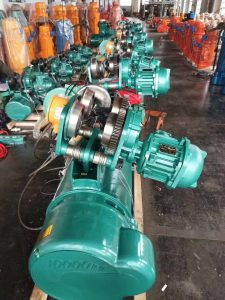
Electrical system
Explosion-proof electrical equipment: All electrical components should be explosion-proof, and motors, explosion-proof control boxes, etc. should comply with relevant explosion-proof standards.
Electrical insulation: Ensure that the electrical system has good insulation performance to prevent safety hazards such as short circuits and leakage
In addition to these special requirements, other conventional requirements for electric hoists are also necessary
For example, choose the right model, regular inspection and maintenance: Regularly check the various components of the electric hoist, such as wire ropes, brakes, limiters, etc., to ensure that they are in good working condition, etc. As long as the method of use is correct, the electric hoist can be used stably for a long time even in relatively dangerous chemical plants.

